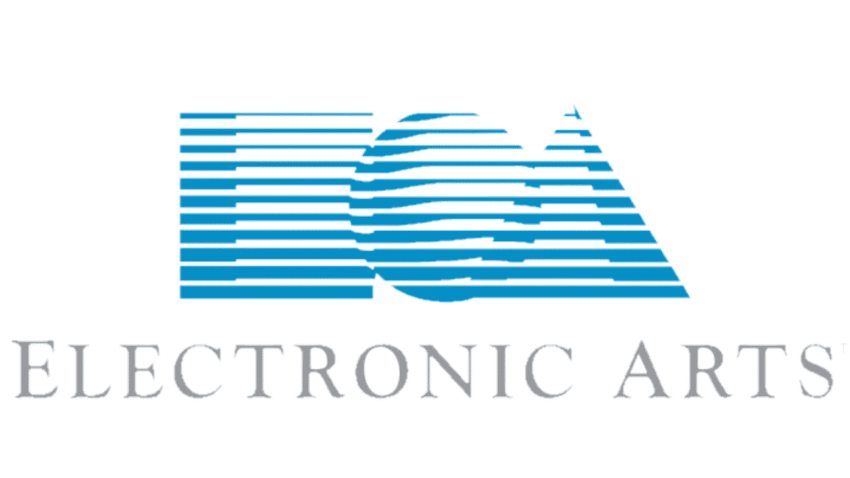
it s official ea is selling to Electronic Arts (EA) has officially confirmed its plans to go private in a monumental $55 billion deal involving prominent investors.
it s official ea is selling to
Details of the Acquisition
On Monday morning, Electronic Arts, a leading name in the video game industry, publicly acknowledged reports from Friday regarding its intention to transition to a private entity. The acquisition will be led by a consortium that includes Silver Lake, Saudi Arabia’s Public Investment Fund (PIF), and Jared Kushner’s Affinity Partners. This transaction is being heralded as the “largest all-cash sponsor take-private investment in history,” marking a significant moment in the gaming sector.
Financial Aspects
Under the terms of the agreement, EA stockholders will receive $210 per share. This represents a 25 percent premium over the stock’s closing price of $168.32 on the last trading day prior to the announcement. The offer is also notably higher than EA’s all-time high share price of $179. Following the initial reports of the private sale, EA shares closed at $193.35 on Friday, and pre-market trading indicated a price of approximately $203.50 per share.
This substantial premium reflects the confidence investors have in EA’s future prospects and the value of its extensive portfolio of intellectual properties (IPs). The deal underscores the growing interest in the gaming sector, which has seen a surge in investment over the past few years, driven by the increasing popularity of video games and the expansion of digital entertainment.
Implications for EA and the Gaming Industry
The acquisition of EA by this consortium could have far-reaching implications for the company and the broader gaming landscape. The transition to a private entity may allow EA to pursue long-term strategies without the pressures of public market expectations. This could facilitate more innovative projects and a focus on developing new gaming experiences that resonate with consumers.
Potential for Innovation
As a private entity, EA may have greater flexibility to invest in emerging technologies and gaming trends, such as virtual reality (VR), augmented reality (AR), and cloud gaming. These technologies are reshaping the gaming experience and could provide new avenues for revenue generation. By focusing on long-term growth rather than short-term stock performance, EA could lead the charge in creating groundbreaking gaming experiences.
Market Reactions
The market’s reaction to the news has been largely positive, with EA’s stock price reflecting investor optimism. The significant premium offered to shareholders indicates a strong belief in the company’s potential for growth and profitability. However, the deal also raises questions about the future direction of EA and how it will navigate the competitive landscape of the gaming industry.
Leadership and Future Direction
EA’s CEO, Andrew Wilson, is expected to remain at the helm following the completion of the deal, which is anticipated to finalize in early 2027. In a public note to employees, Wilson expressed gratitude for their contributions, stating, “this moment is a recognition of your creativity, your innovation, and your passion. You have built some of the world’s most iconic IP, created stories that have inspired global communities, and helped shape culture through interactive experiences. Everything we have achieved – and everything that lies ahead – is because of you.”
Wilson’s continued leadership may provide stability during this transition period. His vision for the company has been instrumental in shaping EA’s identity and strategic direction. Under his guidance, EA has focused on expanding its portfolio of franchises, including popular titles like “FIFA,” “Madden NFL,” and “The Sims.”
Employee Perspectives
The response from EA employees has been mixed. While many are optimistic about the potential for increased investment in game development and innovation, others are concerned about the implications of going private. The shift may lead to changes in company culture and operational strategies, which could affect job security and the overall work environment.
Stakeholder Reactions
Reactions from various stakeholders have been varied. Investors are generally optimistic about the deal, viewing it as a strategic move that could enhance EA’s market position. Analysts have noted that the acquisition aligns with a broader trend of consolidation in the gaming industry, as companies seek to strengthen their portfolios and expand their reach.
However, some industry experts have raised concerns about the potential for reduced transparency and accountability that often accompanies private ownership. The gaming community, known for its passionate engagement, may also have mixed feelings about the deal. Fans of EA’s franchises will be watching closely to see how the acquisition impacts game development and the overall direction of the company.
Broader Industry Context
The gaming industry has experienced significant growth in recent years, driven by advancements in technology and a shift in consumer behavior. The COVID-19 pandemic accelerated the adoption of digital gaming, leading to increased revenues for many companies in the sector. This growth has attracted the attention of private equity firms and institutional investors, eager to capitalize on the industry’s potential.
EA’s acquisition is part of a larger trend of consolidation within the gaming industry. Other major players, including Activision Blizzard and Take-Two Interactive, have also seen significant investments and mergers in recent years. This consolidation may lead to a more competitive landscape, with fewer but larger companies dominating the market.
Future of Gaming
As the gaming industry continues to evolve, the future of gaming will likely be shaped by a combination of technological advancements, changing consumer preferences, and strategic investments. The rise of mobile gaming, the popularity of esports, and the increasing importance of online communities are all factors that will influence the direction of the industry.
EA’s transition to a private entity may allow it to adapt more quickly to these changes, enabling the company to remain competitive in a rapidly shifting landscape. The focus on long-term growth and innovation could position EA to capitalize on emerging trends and new opportunities in the gaming space.
Conclusion
The $55 billion acquisition of Electronic Arts marks a significant milestone in the gaming industry, reflecting the growing interest in video game companies as lucrative investment opportunities. As EA prepares for this transition, the implications for the company, its employees, and the broader gaming landscape remain to be seen. With Andrew Wilson at the helm, EA may be poised to navigate this new chapter while continuing to deliver engaging gaming experiences to its global audience.
Source: Original report
Was this helpful?
Last Modified: September 29, 2025 at 8:36 pm
0 views














